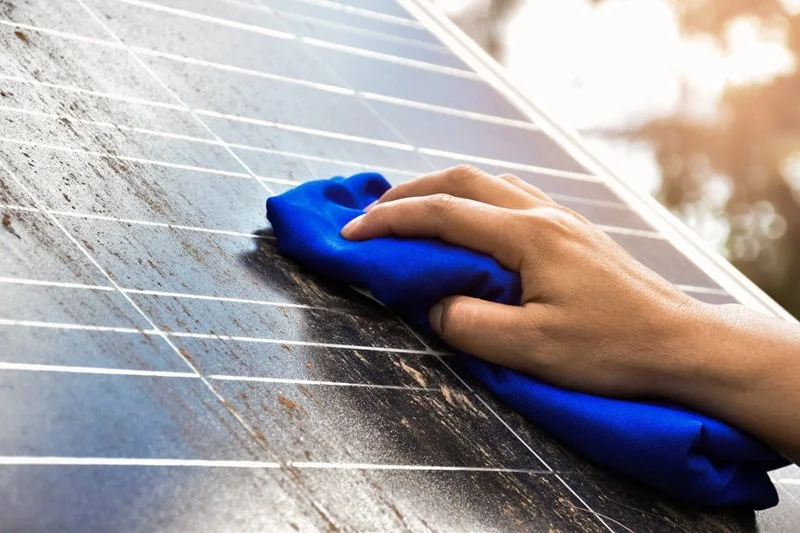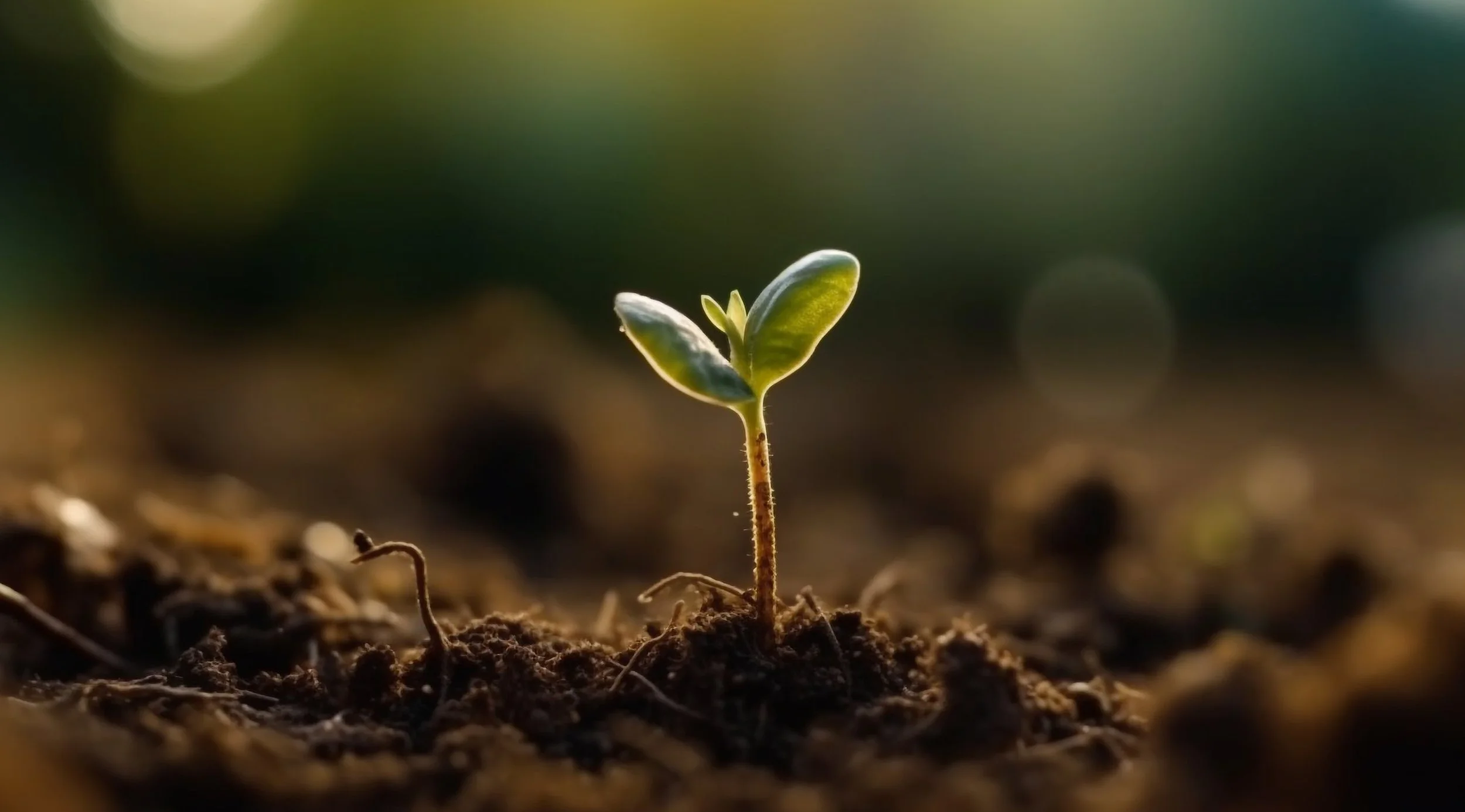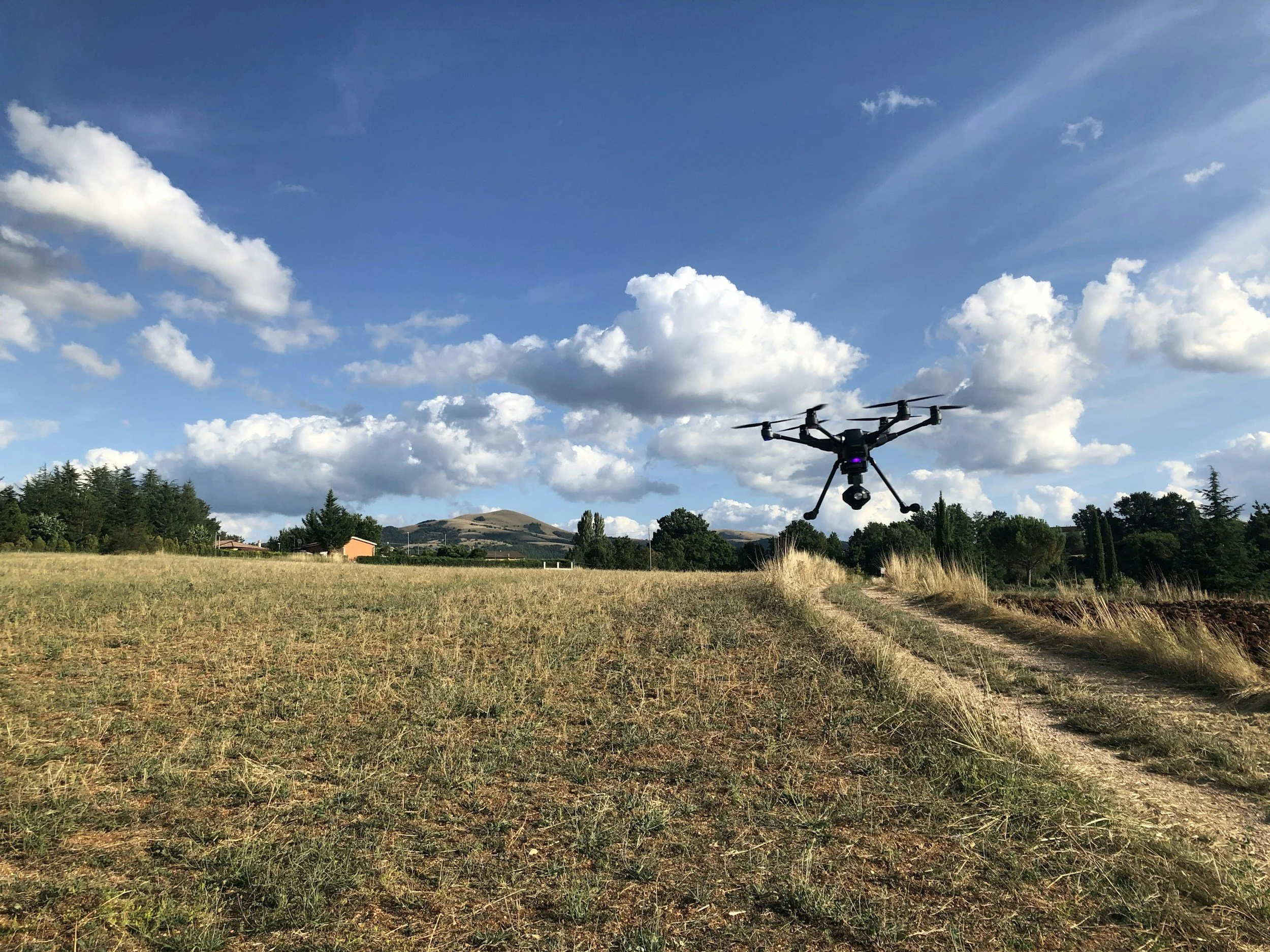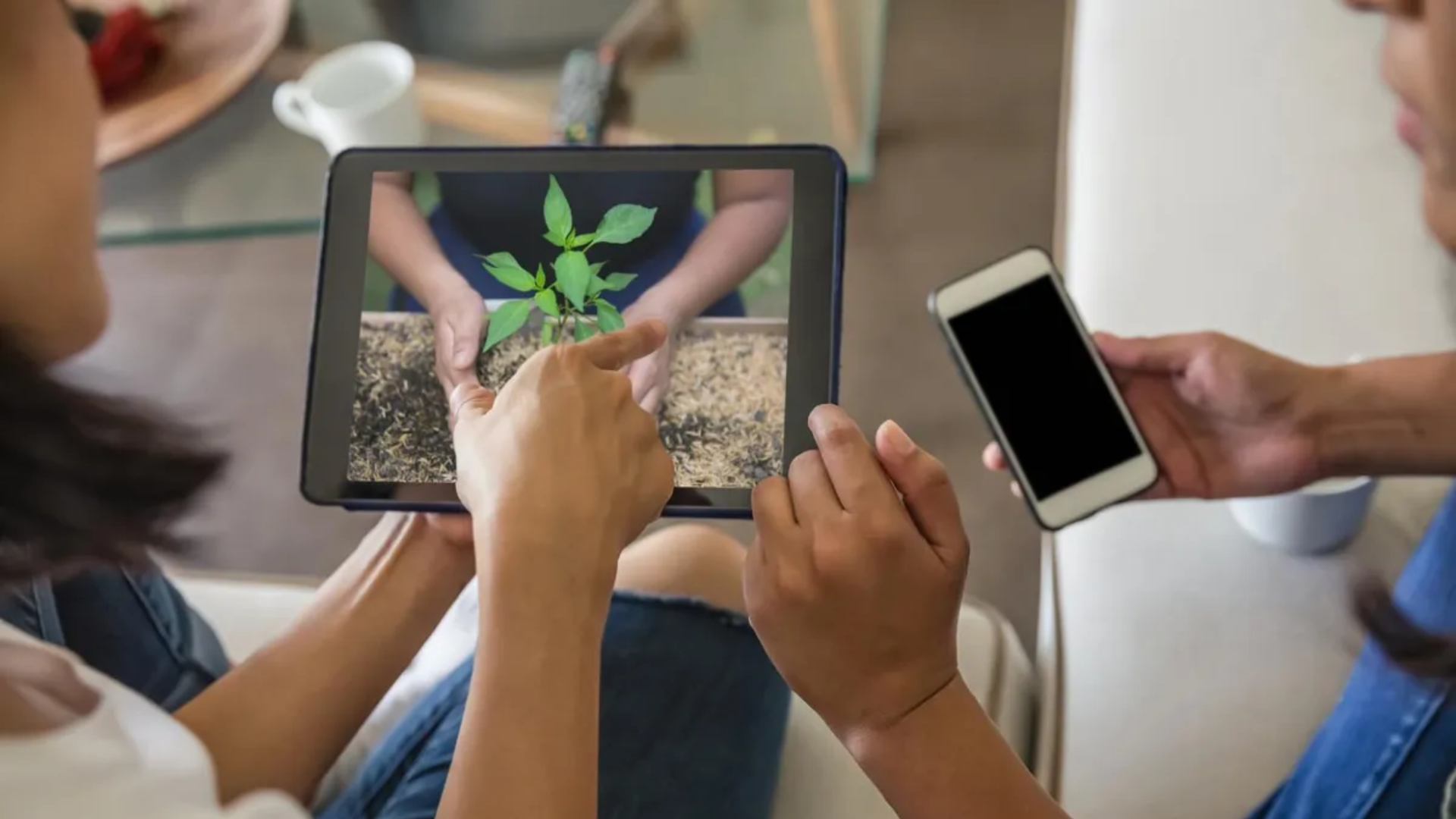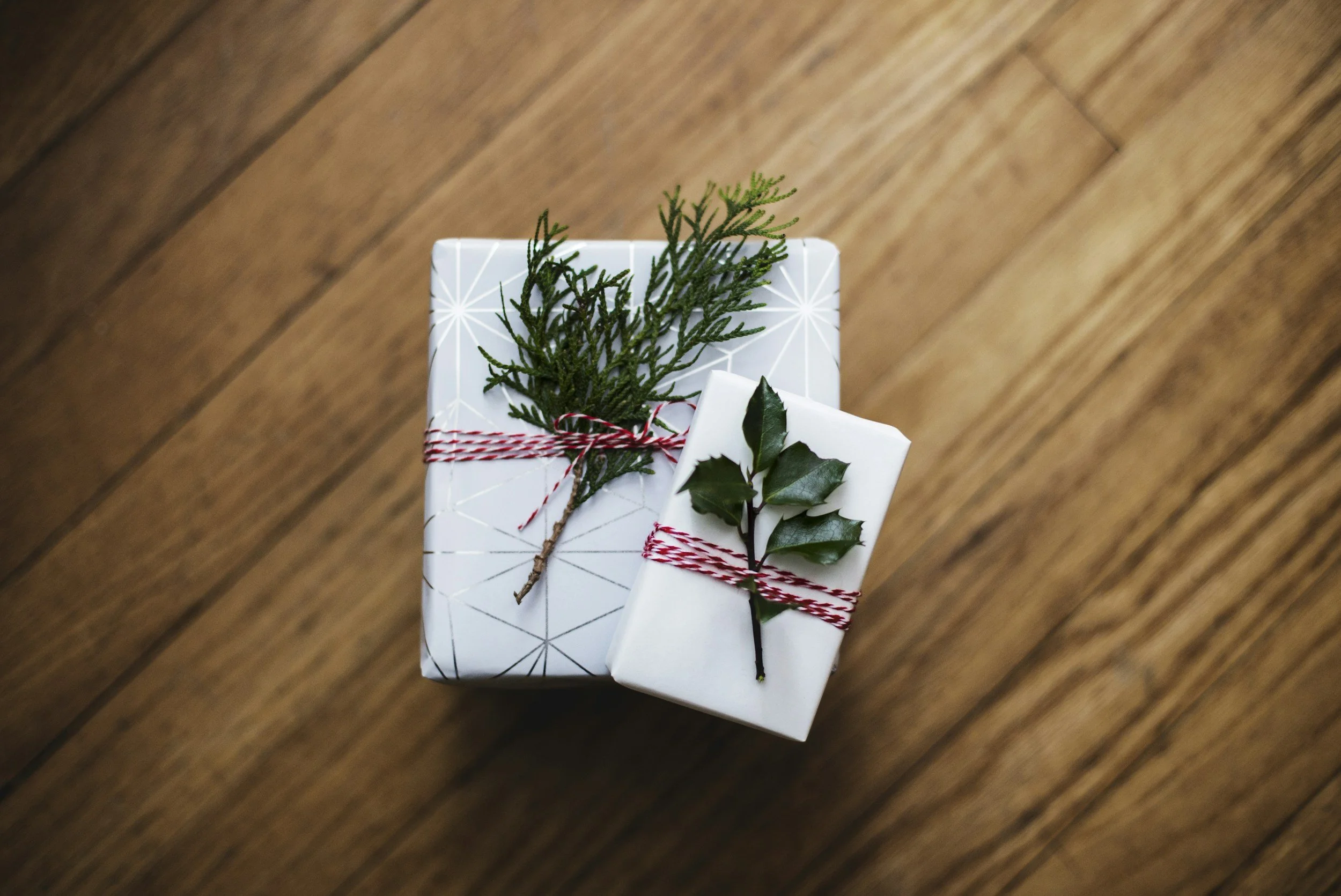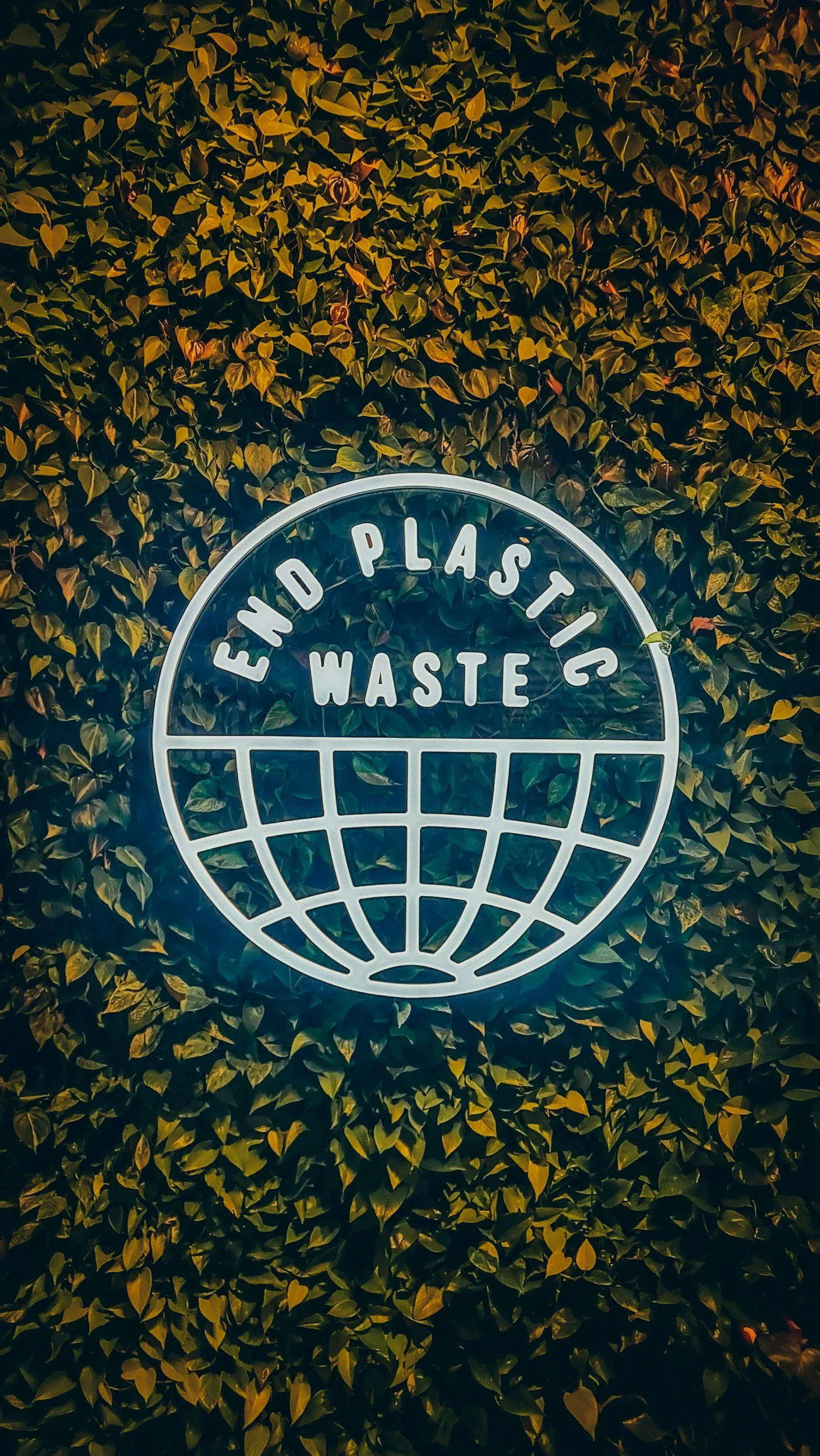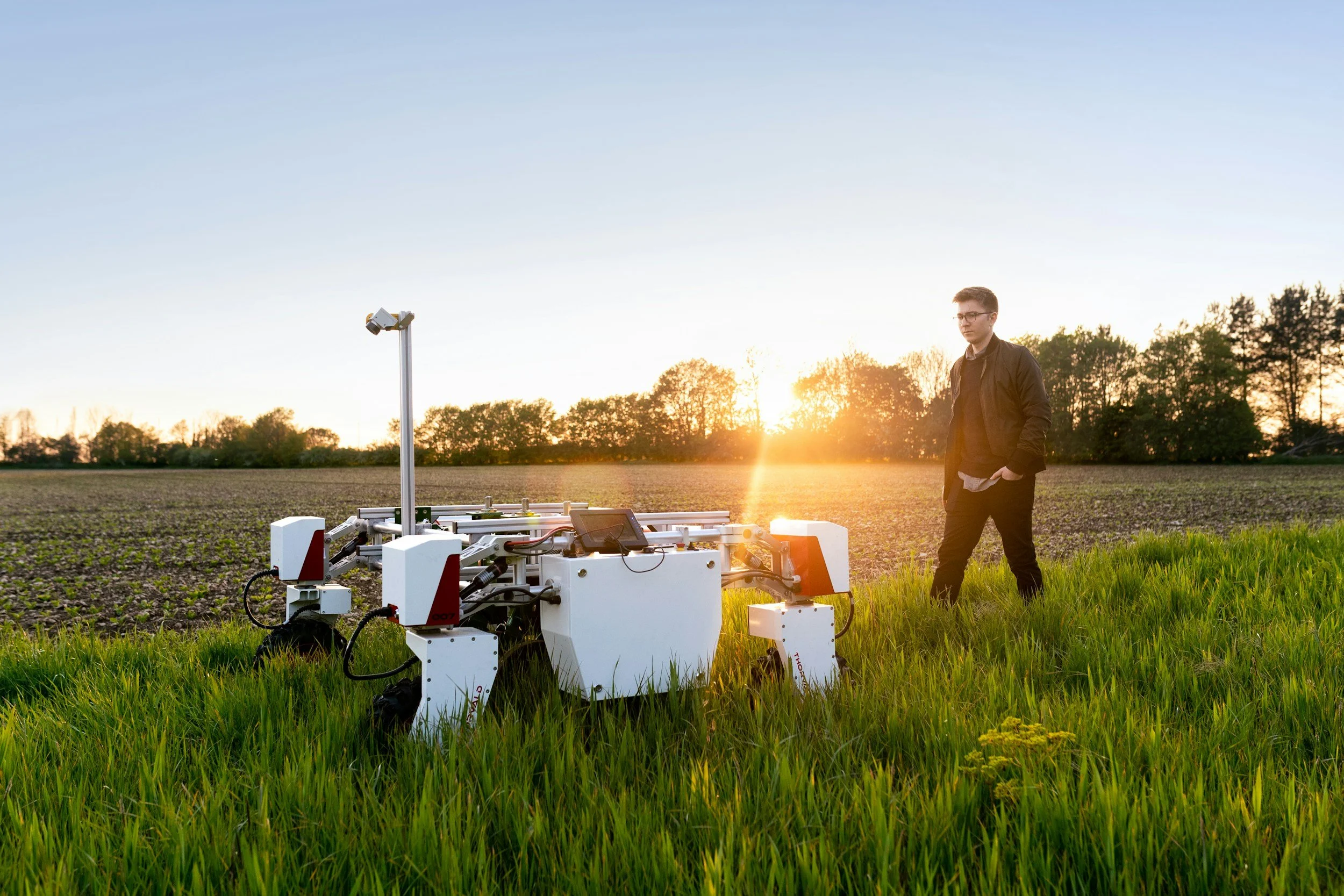What Gardens Can Teach Us about the Power and Challenge of Community
/(part 1 of 2)
There are many advantages to community gardens, but also a lot of debates about them. Most studies have focused on their health benefits, with some citing reduced risk of obesity, improved mental health, and encouraging diets that are richer in fruits and vegetables. Other studies challenge these views, pointing out that people who engage in community gardening are already likely to maintain fairly healthy lifestyles. Some charge that community gardeners engage in growing practices that create a high carbon footprint (using synthetic fertilizers and chemical pesticides and growing things that require large amounts of water are two such practices), and that most urban gardeners demonstrate a lack of agricultural experience and know-how.
Others have noted that while community gardens can improve relationships between members of a local community, they can also create or exacerbate tensions within those communities, especially when some gardeners let others do all the hard work, or steal the fruits (and vegetables) of others’ labor, or when communities occupy land that is owned by local governments without first securing permits.
Doubtless, community gardens can have a dark side, but overall, the consensus is that they are a positive development, improving the life and health of local communities and addressing problems like urban blight, food deserts, and stormwater runoff.
The view from history, though, suggests that there is another important aspect of community gardens that is hardly explored. My interviews with Brother Rashad and Pastor Willie Wilson of Union Temple Baptist Church, a vital, deep-rooted institution located in the Anacostia neighborhood of Washington, DC, suggest that community gardens embody our collective pasts and enable us to build new relationships of trust and mutual appreciation. This post is the first of two blog posts that explore some of these aspects of community gardening in the Washington, DC area.
According to Brother Rashad, caretaker of the community garden at Union Temple Baptist Church, everyone should grow something, even if it’s just a lone tomato plant on your deck or a few herbs on your window sill. This is especially important in the African-American community because, according to him, it provides a way for African-Americans to reconnect with their past and the ways of their elders.
When I was a child, all my older relatives (grandparents, aunts and uncles) had a little vegetable garden or at least grew some kitchen herbs. Back then, I thought this was commonplace, not understanding that growing had always been a part of our family history. But unlike many African-American families who abandoned farming in the Deep South to migrate up north in the 1920s and 1930s, my family never forgot the land and what it could offer.
Photo credit: The Library of Congress via Visual hunt
As Brother Rashad pointed out, many African-Americans came to collectively associate growing things with what slaves did. Going back in time, some emancipated slaves vowed never to work the land again. Some of their descendants swore the same. Slaves and sharecroppers did the back-breaking work of farming. Many free black folks wanted nothing to do with the kind of labor that reminded of slavery times.
There were other reasons he said everyone should grow a little something to eat, among them these four:
Community gardens once taught us – and can still teach us – about self-sufficiency. Growing your own food — especially in a community garden, where you can interact with and learn from others — gets us thinking about where our food comes from, and the condition in which it is sold in stores. Most produce in stores is sprayed with pesticides that have been definitively linked with a number of illnesses. In fact, we now know that not only physical, but also neurocognitive disorders are linked to the body’s chronic exposure to toxic chemicals, including pesticides. A study of farmers and other agricultural workers who had been exposed to organophosphate pesticides, published in 2012, showed that they experienced higher rates of neuropsychological disorders like insomnia, depression, and anxiety, and suffered disproportionately from diabetes in comparison to non-exposed subjects. Other studies have shown links between low levels of pesticide exposure and diseases like Alzheimer’s and ADHD. The risks to children from organophosphate pesticides are especially high.
Photo credit: D'suni Ubachev via VisualHunt.com / CC BY-NC-SA
Community gardens provide a way for us to disconnect from rampant consumerism (at least temporarily). As I noted in a blog post earlier this year about why people make unhealthy food choices, we are being assaulted on a daily basis by advertisements for fast food, restaurant food, and processed food, all of which contain high amounts of fat, sugar, and sodium, and which are contributing to the obesity epidemic in the US (ditto for the UK). Even in the stores, when you buy produce, so much of it has been genetically altered. Gardening, especially in the company of others, can encourage us to think a little more deeply about whether or not we really need a hothouse tomato in the middle of winter, or how it’s possible to get a watermelon without seeds, or why store-bought apples seem to last for weeks (they don’t when you grow them yourself).
Community gardening can teach us patience and help us reset our brains. It’s a sad commentary on our times that so few have the patience anymore to buy a packet of seeds and grow something. We’re so connected to our computers, and phones and tvs and expect everything to come easily and in an instant. But that’s not truly living, at least not fully living. Getting out in the garden, in nature, digging in the earth has a way of helping reconnect us to what’s really important in life. And it’s increasingly clear that getting out into nature improves our mood, reduces anxiety, and improves memory and mental energy (especially for urban and peri-urban dwellers).
There are many articles and studies out there that have demonstrated what being connected to devices for long periods of time does to the human brain. Most suggest decreased levels of attention and increased emotional instability. By contrast, being out in nature, including spending time in a community garden, can help offset these negative effects.
A community garden is somewhere we can all fit in and learn to relate to each other in mutually appreciative ways. I asked Brother Rashad what he thought it would take to encourage African-Americans in particular to grow things to eat and become more aware of the choices they make as consumers of mass-produced food. I thought it was especially important to address this point considering the racial and ethnic disparities in obesity: African Americans are more than 1.5 times as likely to be obese compared to Whites, according to “The State of Obesity,” a report published by Trust for America's Health in collaboration with the Robert Wood Johnson Foundation. He responded with this invitation:
Come and visit us and walk through this farm with us and let us try to regenerate an interest in what [you] consume. If they would take the time just to learn in a simplistic way people would be encouraged to do just a little more for themselves. Because if it’s self-improvement we can all find a notch, somewhere for us to fit in. Maybe you don’t want to get your hands in the dirt, or you just got your nails done — okay you can talk to the plants, or you can be the one who waters them…
And yes, spending time in a community garden can improve your health, too.
Like this? Please pin!
The next post in this 2-part series (coming next week) features my interview with Pastor Willie Wilson and looks at some of the historical and social aspects of community gardens in the Washington, D.C. area.
Want to read my full interview? Subscribe to my mailing list. You’ll also get access to my library of free resources (cheat sheets, exclusive reports, worksheets, and downloadable, printable tools) and I promise never to spam you or share your contact information with anyone.





















